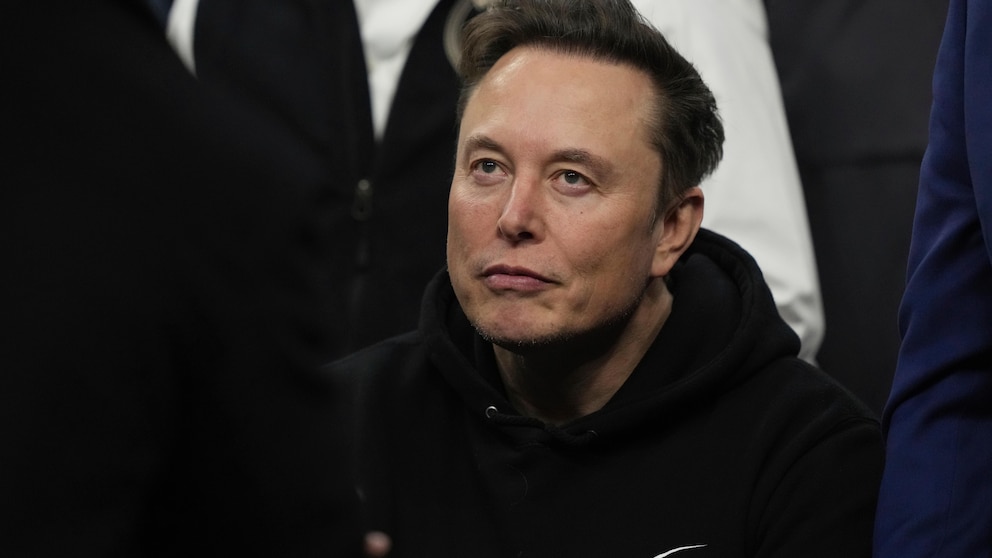Elon Musk's xAI Launches Grokipedia as Wikipedia Rival
Elon Musk's xAI launches Grokipedia, an AI encyclopedia challenging Wikipedia, sparking debates on bias and misinformation.

Elon Musk’s Grokipedia Launches as AI-Powered Wikipedia Challenger
Elon Musk’s xAI has officially launched Grokipedia, an AI-generated online encyclopedia positioned as a direct competitor to Wikipedia. Announced in September 2025 and now live with over 800,000 articles, Grokipedia aims to address what Musk and his allies describe as Wikipedia’s “ideological bias,” “errors,” and “propaganda.” The project has sparked intense debate among tech experts, historians, and free knowledge advocates, with critics warning that the new platform may introduce new forms of bias and misinformation under the guise of neutrality.
The Genesis of Grokipedia
The idea for Grokipedia emerged from a conversation between Musk and David O. Sacks, White House advisor on AI and cryptocurrency, at the All-In podcast conference in September 2025. Sacks suggested that xAI’s Grok AI system, which already ingests vast amounts of data from Wikipedia and other sources, could publish its own knowledge base as a “more objective” alternative. Musk embraced the idea, framing Grokipedia as a tool to “purge out the propaganda” from traditional encyclopedias.
Elon Musk at the All-In podcast conference, where Grokipedia was first announced. (Credit: All-In Podcast)
Musk’s Critique of Wikipedia
Musk’s skepticism toward Wikipedia has been building for years. In 2021, he praised the platform on its 20th anniversary, but by 2022, he began criticizing its perceived loss of objectivity. In 2023, he offered a $1 billion donation if Wikipedia would rename itself “Dickipedia”—a satirical jab at its editorial policies. By late 2024, Musk called for a boycott of donations to Wikipedia, accusing it of “left-wing bias” and dubbing it “Wokepedia.” His criticism intensified in January 2025, when he publicly denounced Wikipedia’s coverage of his controversial gesture at Donald Trump’s second inauguration, which many interpreted as resembling a Nazi salute.
How Grokipedia Works
Grokipedia is powered by xAI’s Grok AI, which synthesizes information from Wikipedia, public databases, news archives, and other sources. Unlike Wikipedia, which relies on human editors and a consensus-driven model, Grokipedia’s content is generated and curated by AI algorithms. Musk claims this approach eliminates human bias and speeds up fact-checking, but critics argue that AI-generated content can perpetuate or even amplify biases present in its training data.
- AI-driven content generation
- Automated fact-checking and updates
- No human editorial oversight
- Real-time revision based on new data
Grokipedia’s homepage, featuring an AI-generated article interface. (Credit: Grokipedia)
Early Reactions and Controversies
Early reviews of Grokipedia have been mixed. The Financial Times called it a “major own goal,” noting that the platform’s entries on sensitive topics like Hitler, Putin, and apartheid often reflect Musk’s own controversial views. The Atlantic reported that Grokipedia’s coverage of historical events sometimes downplays or omits well-documented atrocities, while Business Insider observed that the AI’s approach to neutrality can result in “false equivalence” between established facts and fringe theories.
John Scalzi, a science fiction writer and early tester, reviewed Grokipedia using his own biography as a test subject. He found that while the AI-generated entry was factually accurate in most respects, it included speculative and unverified claims about his political views, which were not present in his Wikipedia page.
Industry Impact and Implications
Grokipedia’s launch marks a significant shift in how knowledge is produced and consumed online. By leveraging AI to generate and update content, xAI is challenging the decades-old model of collaborative, human-edited encyclopedias. However, the move raises critical questions about accountability, transparency, and the role of AI in shaping public understanding of history and current events.
- Potential for rapid, scalable knowledge dissemination
- Risk of algorithmic bias and misinformation
- Threat to Wikipedia’s dominance in the free knowledge space
- Ethical concerns about AI-driven historical narratives
David O. Sacks and Elon Musk at the All-In podcast conference, where Grokipedia was first proposed. (Credit: All-In Podcast)
Conclusion
Elon Musk’s Grokipedia represents both an ambitious technological leap and a controversial intervention in the world of online knowledge. While it promises to deliver faster, more “objective” information, its reliance on AI and lack of human oversight have raised alarms among experts. As Grokipedia grows, its impact on public discourse, historical memory, and the future of encyclopedic knowledge will be closely watched by scholars, journalists, and the global public.






